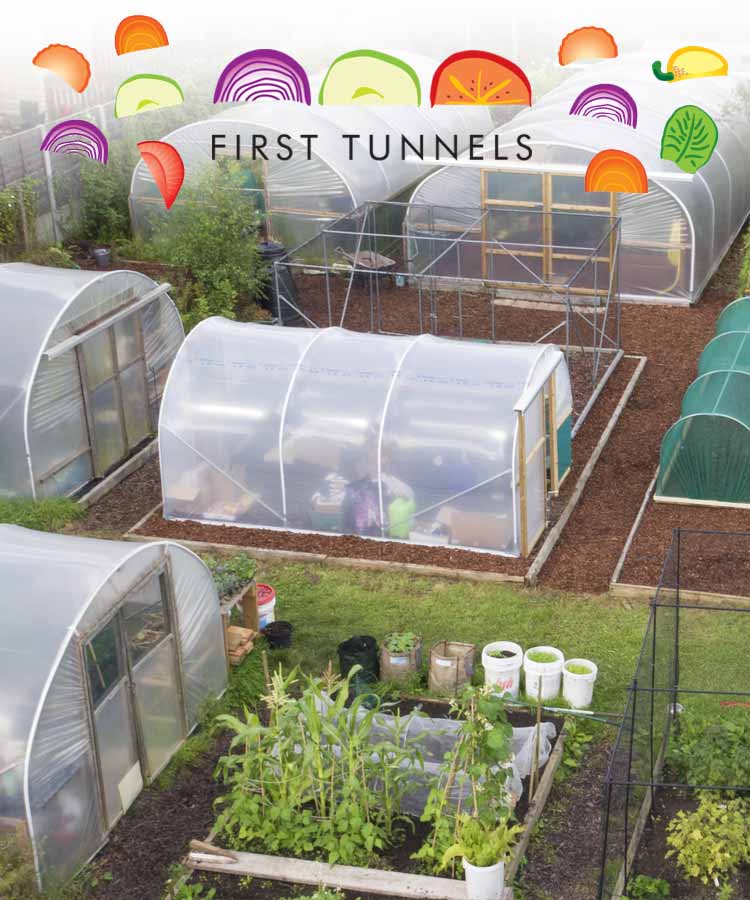Weeds are often thought to be a bane of a gardener's life. But the truth of the matter is that weeds can be extremely useful – both as a part of a garden's ecosystem and for humans in a variety of ways. While not all weeds will be wanted – and some weeding will almost invariably be required in your polytunnel – taking a somewhat laxer approach and allowing some of the plants often called 'weeds' to get a small toehold could end up being to your benefit. Below, let's take a brief look at how weeds can be useful in a polytunnel:
Some weeds are not only edible, they have also nutritious and tasty. Making weeds such as nettles, dandelions, chickweed and fat hen part of your diet can be good for your health and will help you make the most of all resources at your disposal to grow your own food. Many of the weeds that we are used to seeing in the UK are edible – some delicious! Other weeds may be useful in other specific ways, such as in herbal relief for common ailments, or for dyes, for example.
Most random weeds that pop up in your polytunnel can simply be chopped and dropped (before they go to seed) in place so that they simply lay on the ground and return their nutrients into the system. Some deep rooted weeds will help in this way to draw nutrients from deep down under your polytunnel, where other plants' roots are not able to reach. Some weeds could be deliberately left to grow as a cover crop that can later be chopped and dropped to add fertility to the top soil layer. Chopped and dropped weeds will also be a good mulch material and will help to retain moisture in the soil in your polytunnel.
Problematic weeds (such as those that will regrow from small root sections) can be a problem if they creep into your polytunnel. But there are ways to keep the incursion minimal and to make the best of it by seeing these problem weeds too as a valuable natural resource. All weeds can be chopped into water and allowed to decompose to create liquid feeds for leafy plants and other crops. This too is a way of returning nutrients to your healthy polytunnel ecosystem.
